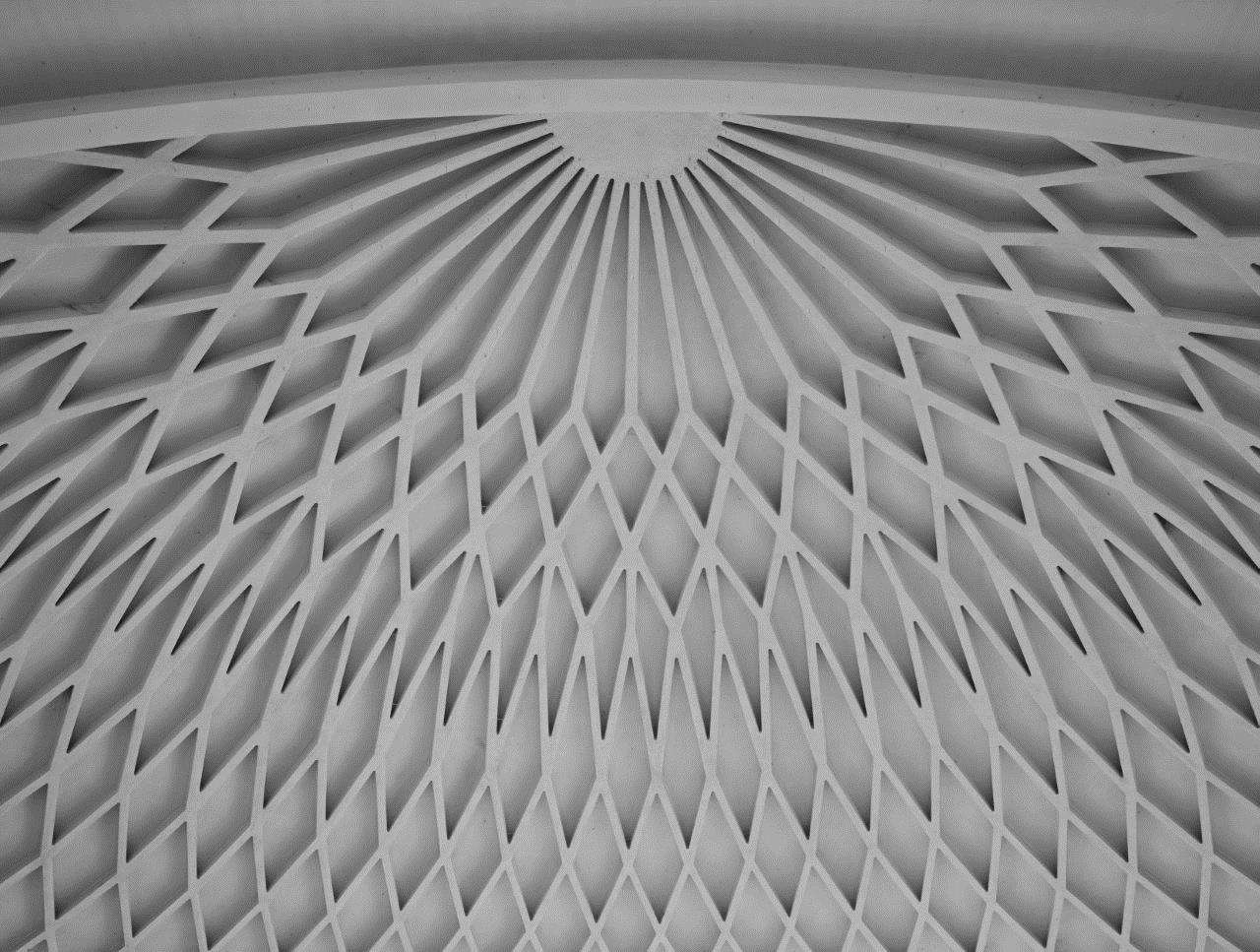REcube MOOC

MOOC is the acronym for “massive open online courses”. These types of courses are offered online and are open to all, with an emphasis on interactive features such as tools which foster the interaction amongst students and professors. The teaching material includes videos, readings, external reference texts, reflection activities, self-evaluation tests and evaluation quizzes. Focused on the green regeneration of modern concrete heritage, the REcube MOOC will be an engaging learning path for students to deepen and expand their knowledge on modern concrete heritage conservation. Additionally, the MOOC also incorporates the recorded Meet the Makers online sessions, where REcube students have the opportunity to interact with world-leading experts sharing their deep commitment to sustainable architectural conservation.
Content wise, the REcube MOOC will be divided into 10 different Knowledge Pillars to address the wider topic of sustainable regeneration of modern concrete architecture with a series of multidisciplinary foci at the crossover of Engineering & Architecture. The REcube partners will contribute their diversified sectoral knowledge as well as individual teaching and research experiences, producing a new model of interdisciplinarity in higher education of the built environment.
Knowledge Pillars
- Conservation, preservation, maintenance?
- Strategies: When and how to intervene in existing buildings and structures
- Approach: Green Regeneration/Sustainability
- Archival survey methodologies
- Documentary evaluation
- Reading the building: Historical analysis materials and construction techniques
- Landscape assessment and interpretation
- Urban environment evaluation
- Comparative analysis with similar contexts
- Information collection, preparing an Integrated Platform for data analysis
- Refurbishment conception modelling and presentation
- Geometric and Photogrammetric survey
- Material construction analysis
- Architectural Anthropology
- Social research methods and urban space perception
- Urban project traditions
- Territorial visions
- Typical pathologies of reinforced concrete structures
- Seismic monitoring and sensor placement
- Safety and reliability assessments
- Numerical analysis of crack history and final load bearing capacity of existing structures based on the observed cracking
- Fire safety and fire resistance
- Observation of excessive cracking, deformation and other structural defects
- Advanced non-destructive testing methods: CT, Radar, Acoustic Emission Technique
- Massive survey Point cloud modelling
- Data management and accessibility
- FRP/FRCM systems for structural retrofitting
- Advanced materials and methods for strengthening existing structures
- Alternative solutions to adapt the existing structure without its strengthening
- Structural strengthening vs. architectural preservation
- Innovative building technologies for high energy efficient envelopes
- Passive heating and cooling strategies for buildings energy retrofitting
- Hygrothermal modelling of building elements and constructions
- Building energy modelling and simulation for building design and optimization
- Thermal and visual comfort analysis performances assessment
- Environmental impact assessment of retrofit solutions

